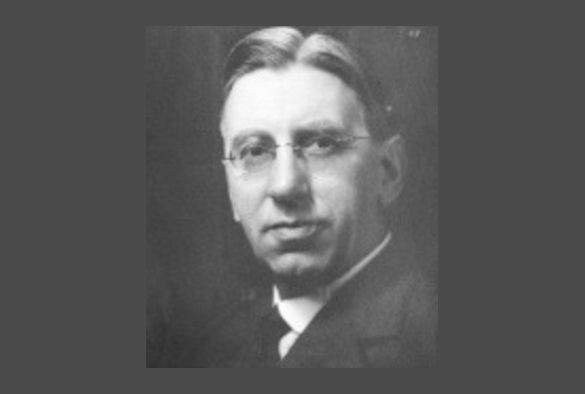Celebrating Professor Edgar Allison Peer’s legacy at Liverpool

The word legacy or legado, can have a number of meanings. It can mean a gift in a Will, or the impact of a particular event or action long after it took place, it is a word also linked to history and heritage. These significations run through our University’s historic time-line, as Liverpool has been privileged to witness legacies which have played an integral part in our history, shaping our campus, funding vital research and enhancing the lives of our students through prizes, scholarships and bursaries.
On Friday 3 November 2023, colleagues in Iberian and Latin American Studies within the Department of Languages, Cultures and Film, celebrated the life of Professor Edgar Allison Peers in a symposium organised by Professor Claire Taylor (Gilmour Chair of Spanish).
Professor Peers made significant contributions to Spanish studies in both education and research. He broadened knowledge and understanding through his teaching and writing and founded a journal – now known as the Bulletin of Hispanic Studies, which this year celebrates its 100th anniversary.
Professor Peers, writing under the pseudonym 'Bruce Truscott’, coined the phrase ‘red brick university’, and it is understood he was inspired by the red coloured bricks of the beautiful Victoria Building. This phrase is used to this day, and remains at the heart of Liverpool’s identity and messaging.
Despite his sudden passing in 1952, Professor Peer’s story continues at the University through his life’s work, his passion for Hispanic Studies, and a generous gift in his Will. Professor Peer’s endowment has funded bursaries for doctoral students, one of whom commented:
“The Edgar Allison Peers Prize has given me the opportunity to undertake my doctoral studies at Liverpool, an experience which I am thoroughly enjoying. My research is based on the depiction of working-class Andean communities in 20th century testimonial literature; many of the prominent themes in the texts can be compared to Peers’ own values regarding universal teachings beyond the University. I would not have been able to undertake this research without the Peers Prize, and for that I am incredibly grateful.”
If you are inspired to consider continuing your story at Liverpool through a gift in your Will, please contact Carolyn Jones.